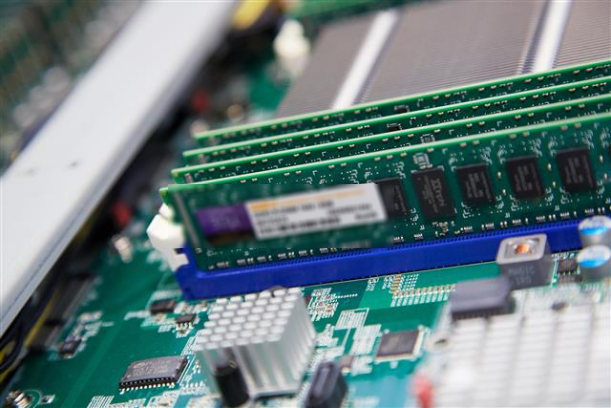The latest research shows that China's ambitions in chip manufacturing will see a huge leap forward in the next five years, with analysts at Barclays reporting that based on current local manufacturers' plans, China's chip production capacity is expected to more than double in the next five to seven years, a figure that far exceeds market expectations.
An analysis by Barclays of 48 Chinese chipmakers with factories found that about 60 percent of the extra capacity could be added over the next three years, much faster than industry estimates.

The analyst team said in the report: "At present, the real value of domestic enterprises is still undervalued. The number of semiconductor manufacturers and fabs in China is far greater than mainstream industry news reveals."
China has been striving to become self-sufficient in technology, although that goal has become more difficult in the face of restrictions imposed by the United States and its Allies on technology exports to China. To support the expansion of capacity and boost supply ahead of a possible new round of bans, Chinese companies are still rushing to buy important chipmaking tools.
The world's leading semiconductor equipment makers, including ASML and Tokyo Electron, have received a large number of orders from China in the past year.
Barclays analysts said much of the new capacity would be used to produce chips using older technology. While these traditional chips are at least a decade behind advanced technology, they are still widely used in systems such as home appliances and cars.
"Theoretically, these chips could lead to an oversupply in the market, but we think it will take at least a few more years, possibly as early as 2026, and depend on chip quality as well as any new trade restrictions," the analysts further noted.
China's ambitions in traditional chips have drawn the attention of the US Department of Commerce, which plans to collect information on how reliant American companies are on Chinese technology. According to reports, the United States could respond to China's challenge by imposing tariffs or other trade restrictions.
* Disclaimer: The content of this article is from the Internet, if there is any dispute, please contact customer service.



